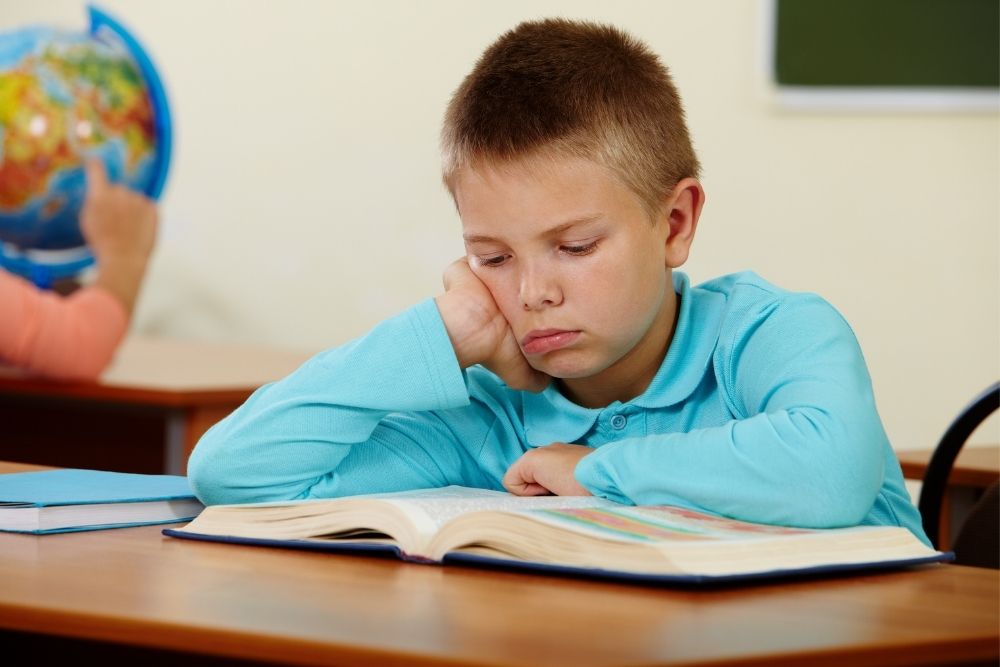Families with school-aged children scramble to get backpacks, clothing, and other items ready for the new school year as summer draws to a close. Good vision is one of the most critical yet often ignored requirements.
Children’s eyes and vision shift as they develop and change from year to year. School necessitates a high level of visual engagement. It makes no difference whether the children are in the classroom or studying at home. Reading, writing, screen, and chalkboard/smartboard work are all examples of ways to learn. Even sports and physical education require good vision. A child’s eyes can become tired and have difficulty focusing and learning if they are not up to the challenge.
Parents can often say if their child has a vision issue. Their child can squint or keep the book close to their face while reading. They can also express dissatisfaction with the way things tend to be fuzzy. There are also some less noticeable symptoms of vision disorders.
Signs of Vision Problems in Children
Here are four subtle signs that your child might have vision issues.

1. Having a Short Attention Span
● Your child can seem to lose interest in sports, projects, or other long-term activities very quickly.

2. Losing Their Place When Reading
● Your child can struggle to keep track of where they are on the page while reading (aloud or silently).

● Reading, drawing, playing games, and other activities that require close attention can be avoided by your infant. Children can be deceptive about it and not tell you about their problems.

4. Turning Their Head to the Side
● When looking at something in front of them, a child’s head will turn to the side. This could indicate a refractive defect, such as astigmatism. The child will see better by turning their head.
Screenings for Children’s Eyes
Since eye health is linked to academic success, children should have routine eye exams. Early detection and treatment of vision issues may be done by an ophthalmologist or another qualified specialist. The sooner your child receives therapy, the better off he or she will be both in and out of school.
Your child may have a learning disability if they are still having issues after their vision problems have been resolved. Learning conditions are not caused by vision disorders. There are two distinct problems here. Ask your child’s doctor if you have any doubts or concerns about his or her vision.



